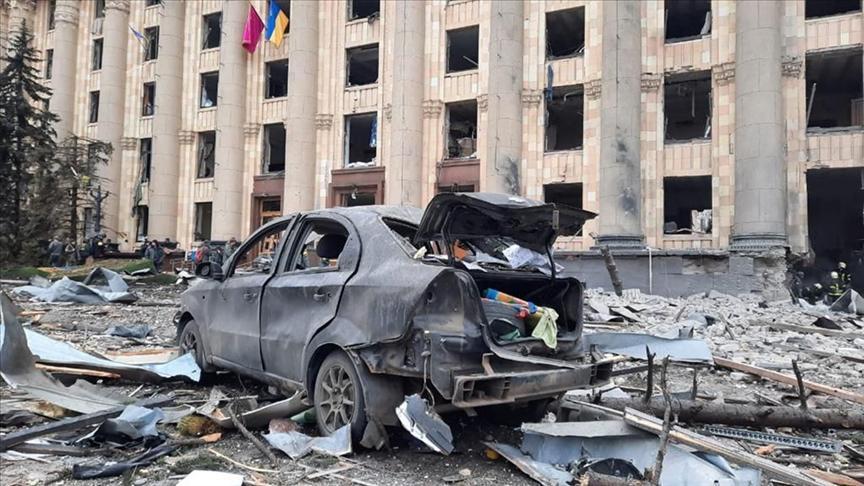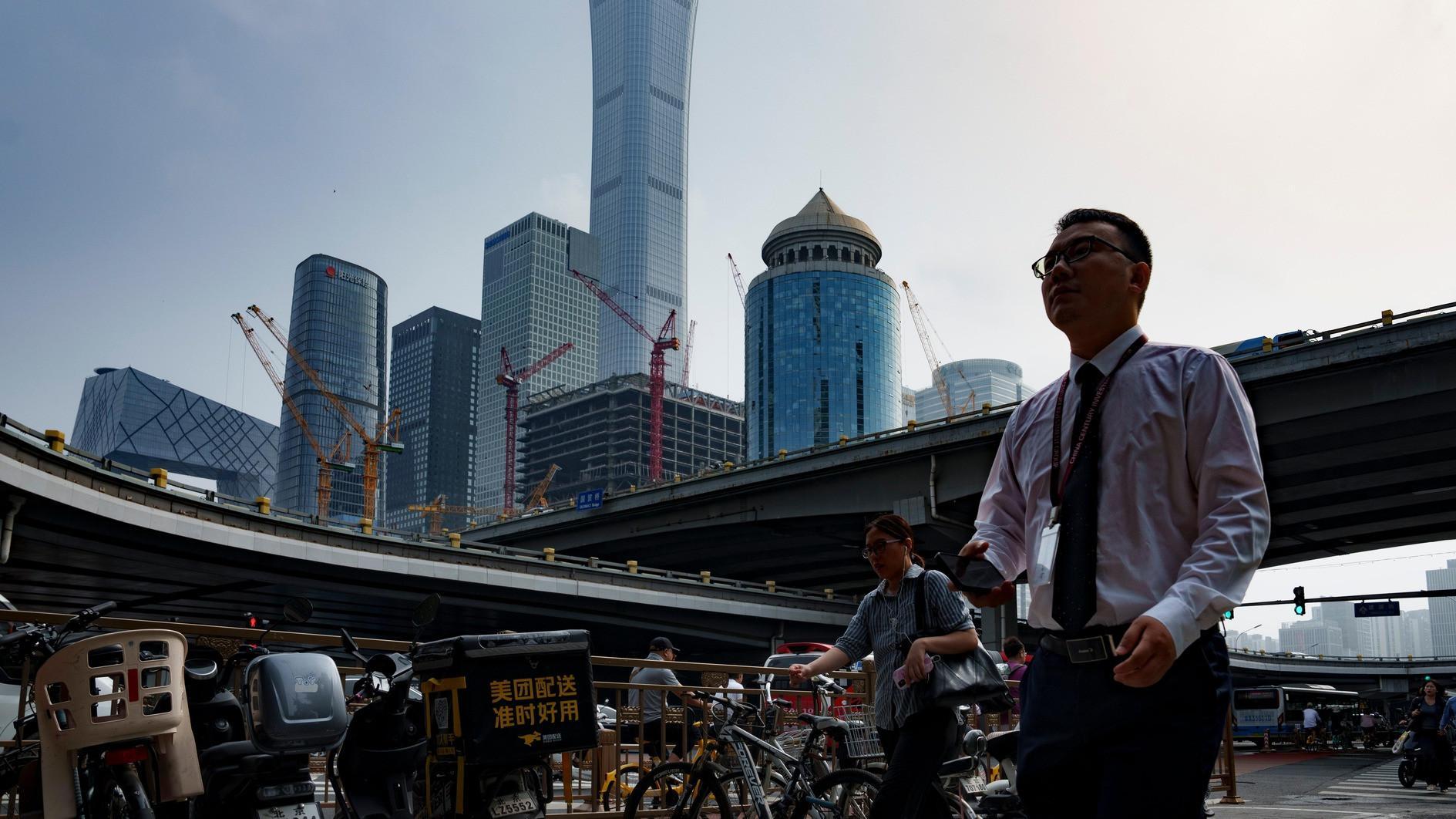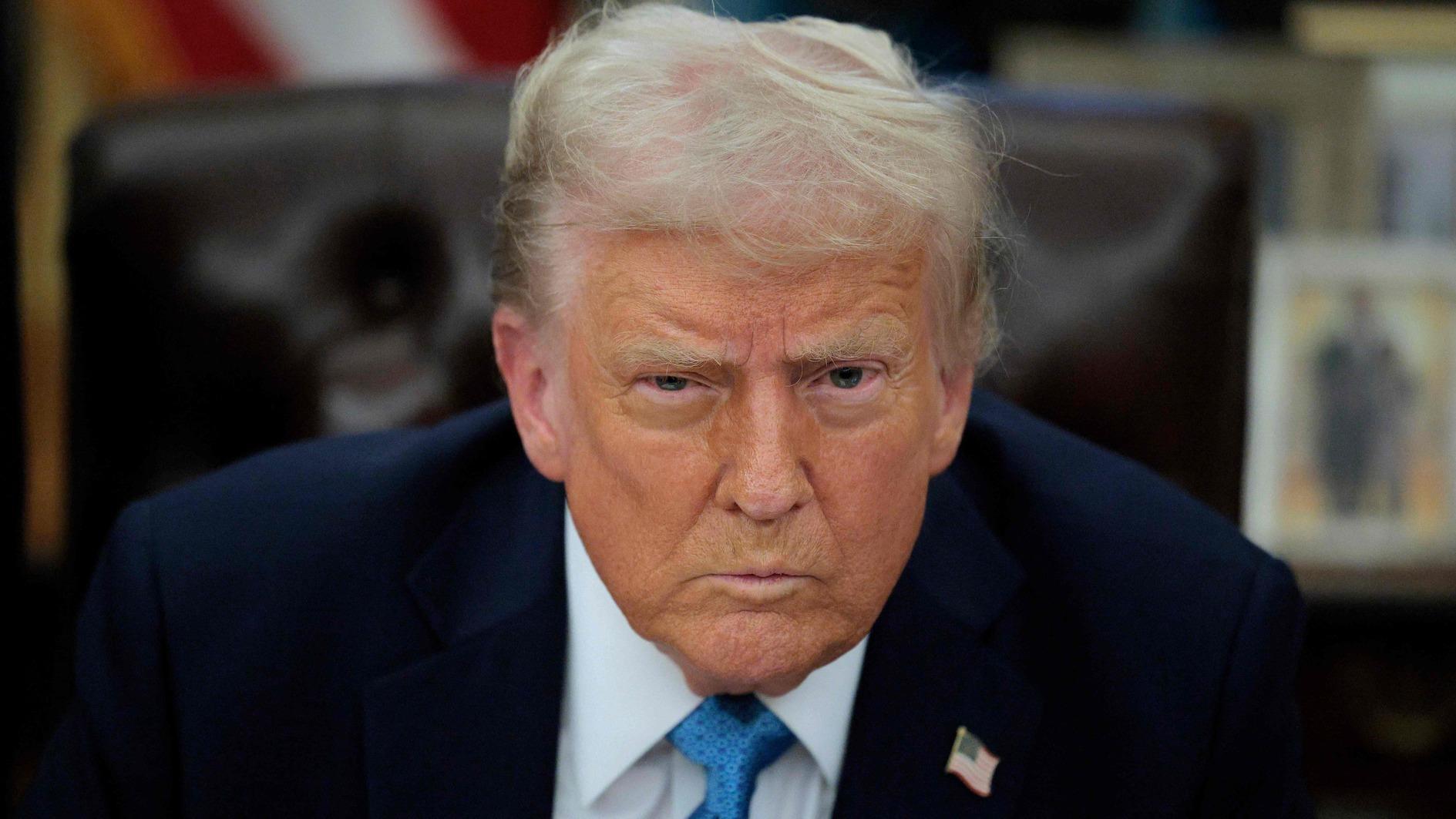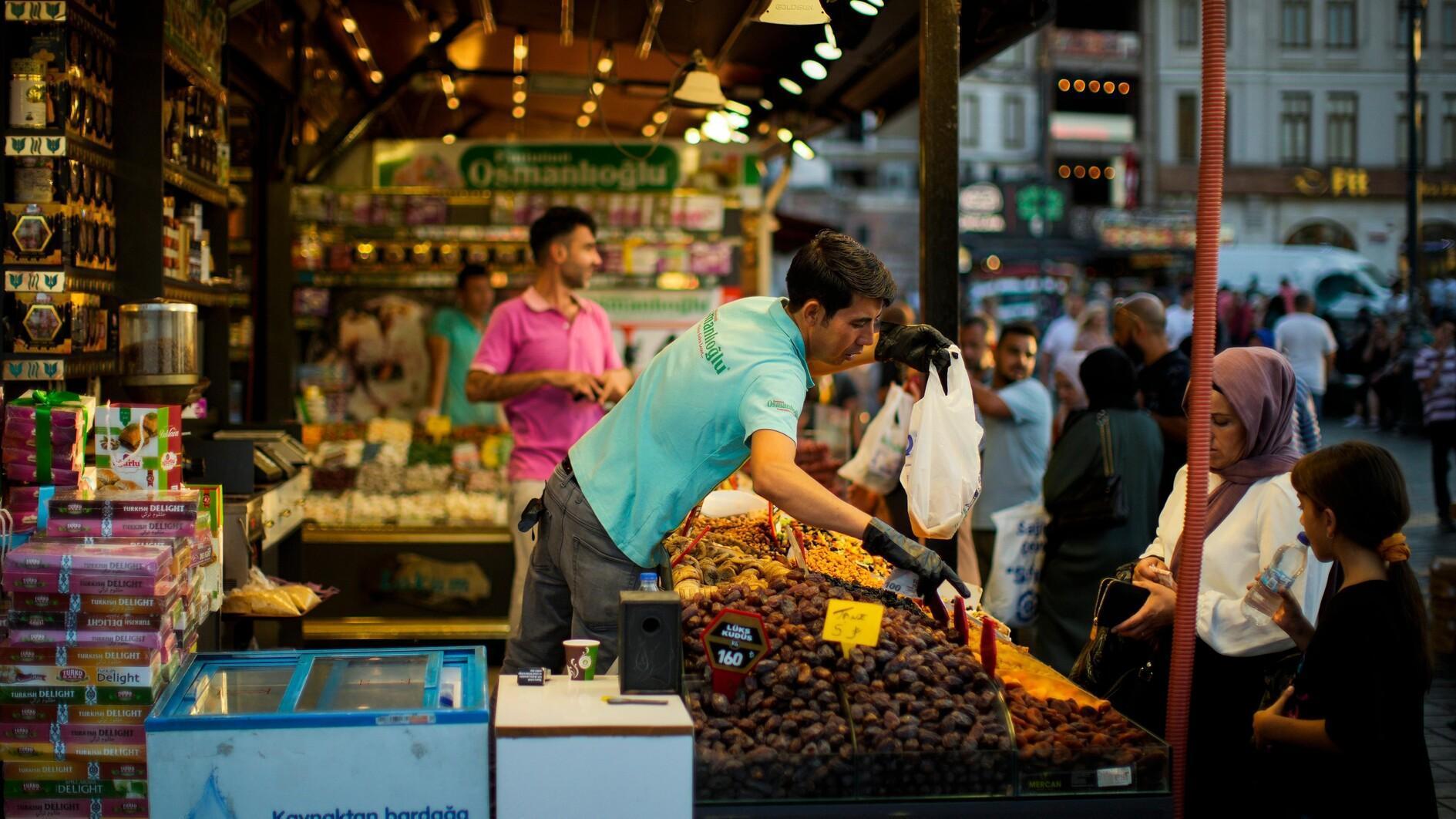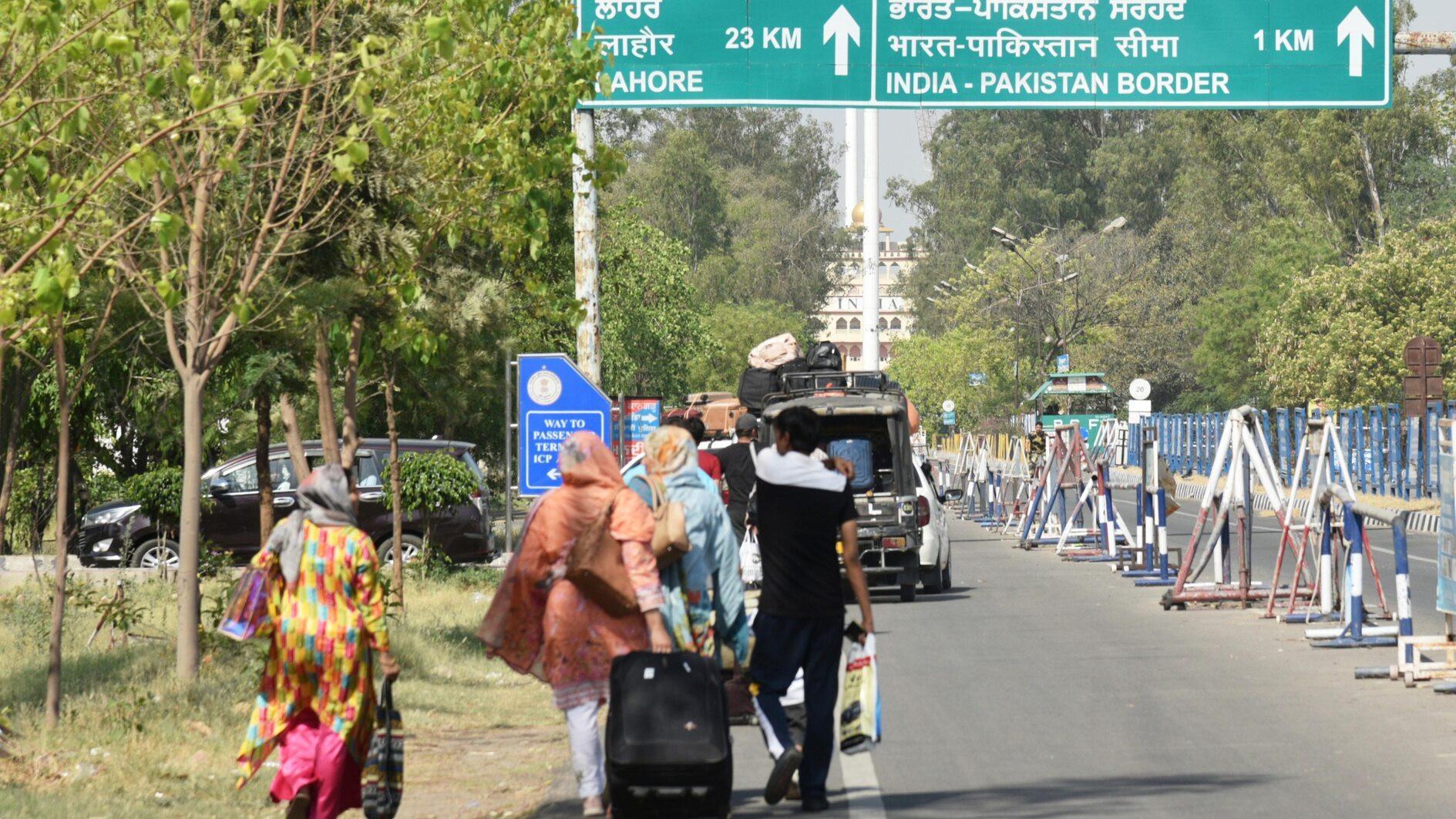Erdoğan becomes 12th president after first public vote
ISTANBUL / ANKARA
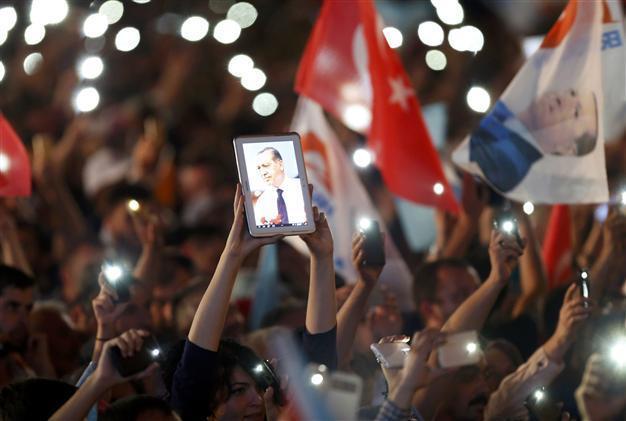
Supporters displays a picture of Turkey's Prime Minister Tayyip Erdogan on a tablet during celebrations of his election victory in front of the AKP in Ankara, Aug. 10. REUTERS Photo
Turkish Prime Minister Recep Tayyip Erdoğan clinched Turkey’s presidency in the first round Aug. 10, winning the election in the first-ever popular poll for the country’s head of state with 51.8 percent of the vote.Ekmeleddin İhsanoğlu, the former head of the Organization of Islamic Cooperation (OIC) and a joint candidate of the Republican People’s Party (CHP) and the Nationalist Movement Party (MHP), gained nearly 38.5 percent of the vote, with Selahattin Demirtaş, the co-chair of Peoples’ Democratic Party (HDP), finishing third at 9.8 percent. However, Demirtaş’s total was seen as a success, given that his party mainly focuses on the Kurdish issue.
Addressing a large crowd in Ankara late yesterday, Erdoğan defined the election as a “historic day.”
“I greet you with all my heart on this historic day, a trophy night of democracy and the national will,” he said. “All of Turkey has won today.”
He expressed his desire that the elections would be good for the whole country and all friendly countries, while naming Gaza, Ramallah and Jerusalem among the winners.
"Today we are closing an era and stepping into a new era,” he said.
Erdoğan also made a short speech at the ruling AKP’s election coordination center in Istanbul in front of a crowd, saying, “We will continue to serve our nation for a better democracy and to make the resolution process rein,” openly referring to efforts to find a peaceful solution to the Kurdish issue.
The ballot box turnout totaled 73.13 percent, way below expectations despite apparent “polarization” in the country. Analysts said the total was around 2 million votes fewer than the turnout at the local elections on March 30. Ahmet Necdet Sezer, the 10th Turkish president, was among those who did not cast their votes.
Erdoğan managed to gain around 21 million votes out of the nearly 56 million eligible voters. Out of 2.8 million eligible Turkish voters living abroad, just 8 percent cast their vote.
The new president will serve a five-year term and has the right to stand for another term. Outgoing President Abdullah Gül’s tenure will end Aug. 28.
Erdoğan won 47 percent of the votes in Soma, the western province, where 301 miners lost their lives in May 13 disaster even though many criticized him and his party for their callous and indifferent attitude toward the victims. But Erdoğan lagged behind İhsanoğlu in the small town, who won half of the votes.
Justice Minister Bekir Bozdağ slammed some media coverage alleging fraud in the presidential elections after Erdoğan was seen leading in the polls, saying the reports could not alter reality.
“Some media organizations seem to boost fraud claims as they see the results,” he said on his Twitter account right after the election results started to be reported by the media.
A number of foreign and local organizations, including the Limited Election Observation Mission (LEOM), which was deployed by the OSCE Office for Democratic Institutions and Human Rights (ODIHR), oversaw the elections.
Google’s special doodle for Turkey’s first ever presidential election by a popular vote also created some controversy as the ballot in the image was ticked in favor of one of the candidates on the end of the paper, prompting debates about subliminal messages. The supporters of both Erdoğan and İhsanoğlu claimed it suggested Google was in favor of their rival, as the two have been placed on the respective
ends of the ballot, with Demirtaş in the middle.
Justice and Development Party (AKP) spokesman Hüseyin Çelik also thanked voters and everyone who took part in a “calm” election.
“No success is a coincidence and all smells sweet,” he said.
Turkey is surrounded by countries which are experiencing difficulty, Çelik said, adding that citizens should embrace each other in such an atmosphere.
Iranian-born Azeri businessman Reza Zarrab, the main suspect in the graft probe that has shaken the country since Dec. 17, 2013, used his Turkish citizenship to cast his vote in Istanbul’s Beykoz district, well protected by his ever-present bodyguards.
The struggle against the Gülenist movement, or what he calls the “parallel state,” constituted a large portion of Erdoğan’s electoral campaign. The prime minister and the U.S.-based Islamist scholar Fethullah Gülen have been at odds since the Dec. 17, 2013, graft probe that shook the government, resulting in the resignation of Cabinet ministers. Erdoğan has accused the Gülen movement of planning a coup against the government.


